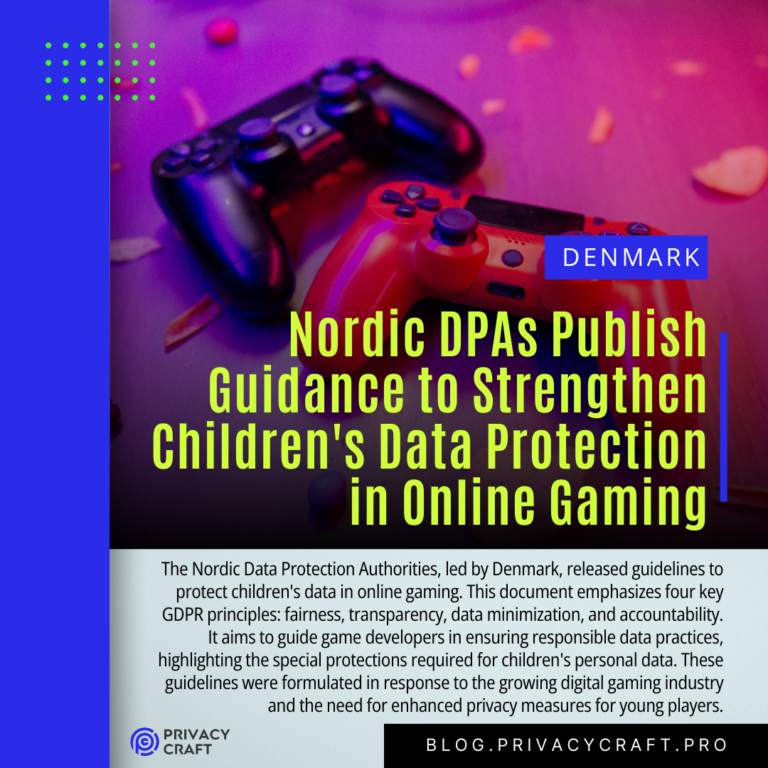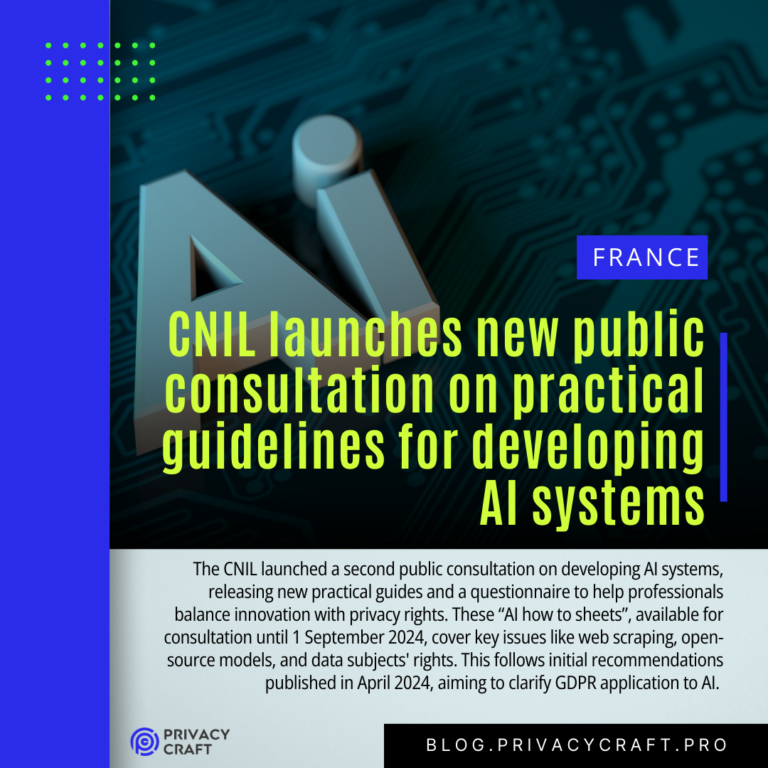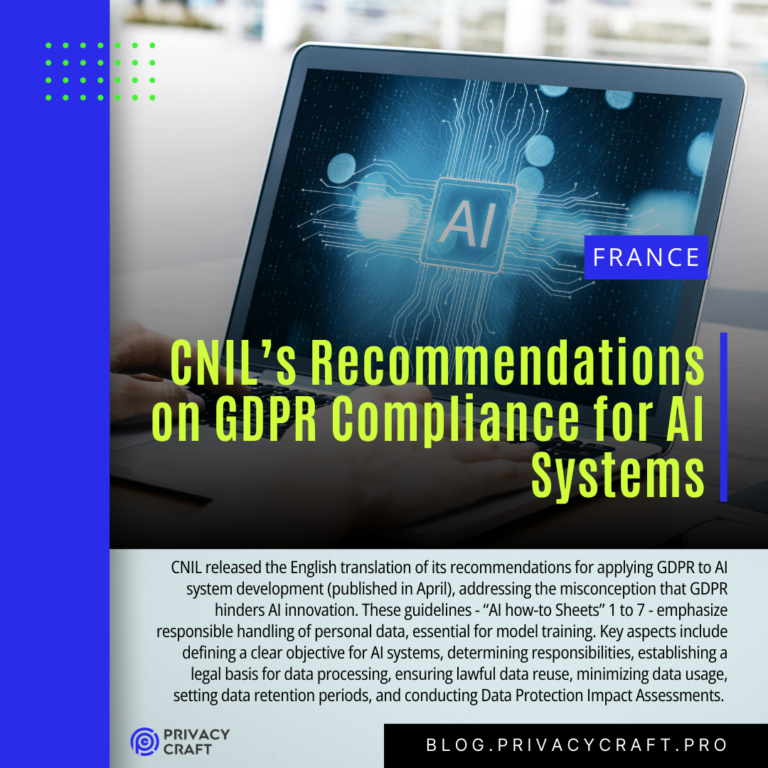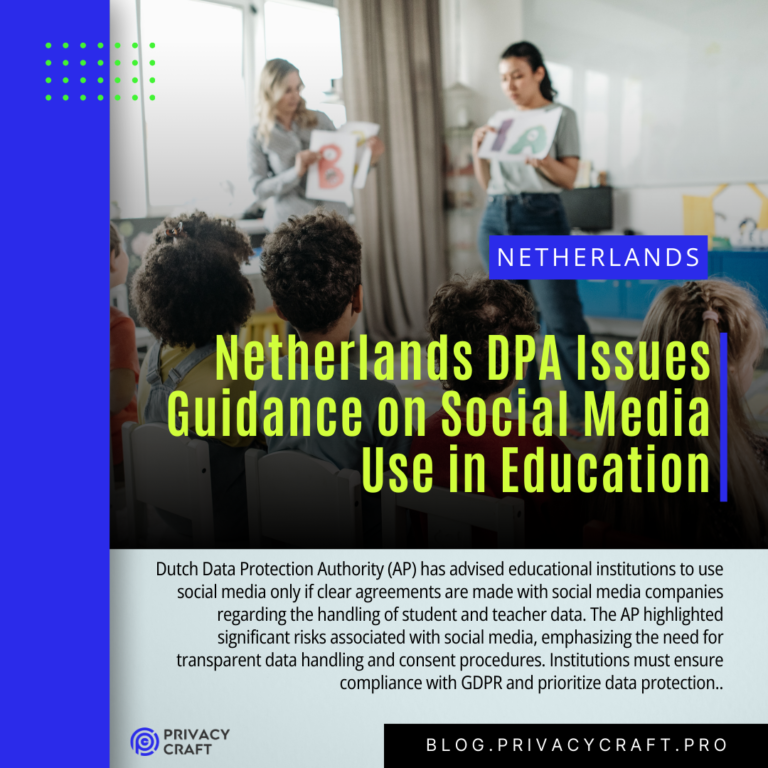EDPB publishes Standardised Messenger Audit
The EDPB initiated the Standardised Messenger Audit project within the Support Pool of Experts program, prompted by the German Federal Data Protection Authority (DPA). Completed in November 2023 by Prof. Mathieu Cunche, the project developed a detailed test catalogue for GDPR-compliant messenger services. This catalogue, structured around GDPR requirements, assists data protection authorities and companies in evaluating and enhancing data privacy measures in messaging applications used for both personal and business communication.
EDPB publishes Standardised Messenger Audit Read More »




